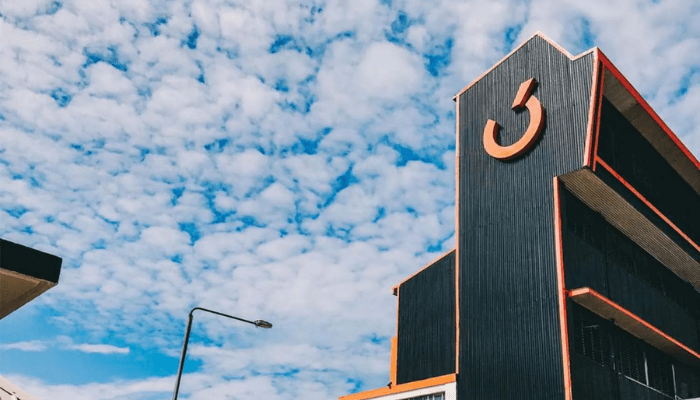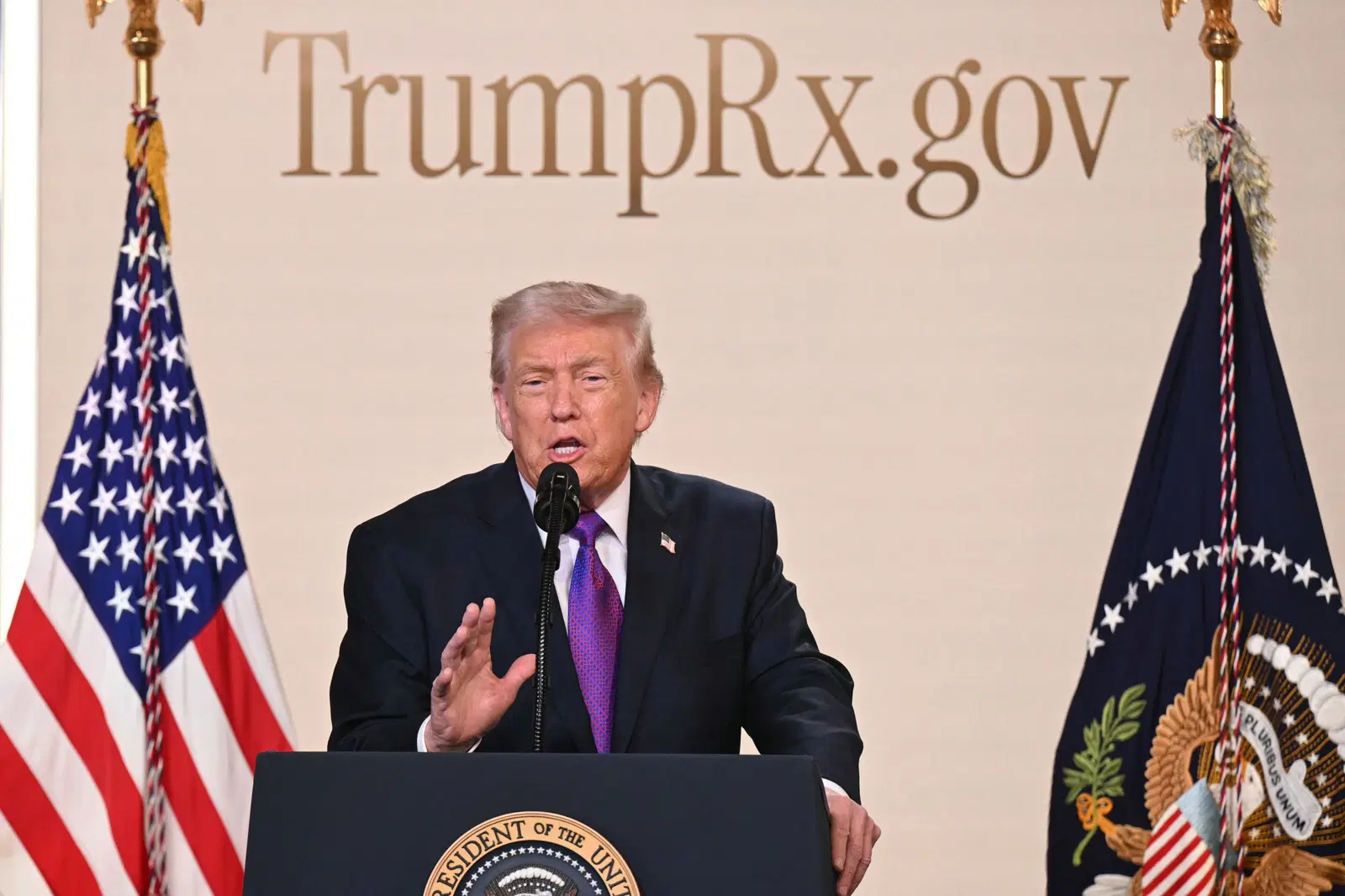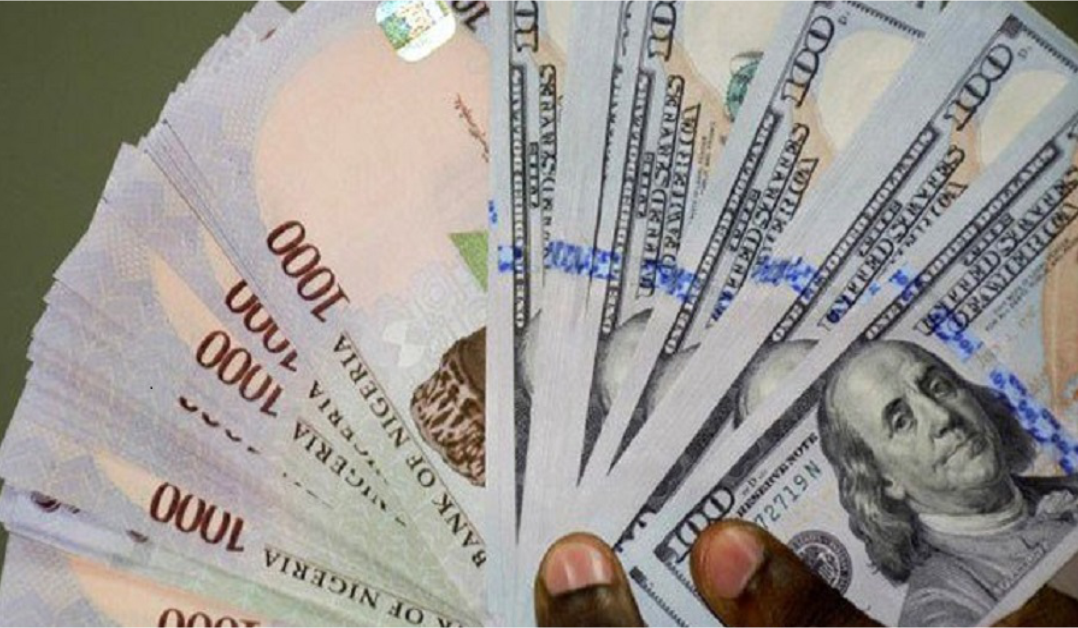The naira on Monday weakened by 0.41 per cent to close at N741 against the dollar in the parallel market while it strengthened in the Investors and Exporters window by 0.38 per cent.
According to The Punch, performance of the naira in the currency market varied across different segments.
In the I & E window, the naira strengthened by 0.38 per cent, closing at N462.25/dollar, compared to the previous exchange rate of N464.00/$1 on Friday.
The naira maintained a stable exchange rate of N460.93/dollar in the interbank segment.
In the P2P category of the forex market, the naira’s value weakened to N743.4 on Monday, as per data from Binance, compared to Sunday’s exchange rate of N741.1.
According to an economist, Professor Akpan Ekpo, interviewed by The Punch, the strengthening of the naira at the I&E window is not enough. He emphasized the need for the Central Bank of Nigeria to narrow the gap between the official and black market exchange rates.
In his words, “The gap between the official rate and the black market rate is too wide. What CBN should do is narrow that gap. It is a function of demand and supply. You don’t have enough (forex) from oil to shore up your reserves. The economy has to be diversified, you have to export non-oil products to earn foreign exchange. That is the only way to close that gap.”
Over the weekend, the National Bureau of Statistics disclosed the latest inflation rate in Nigeria for March 2023, which surged to 24.45%. This represents an increase from the previous month’s rate of 22.94%.
As a result, the Central Bank of Nigeria is expected to increase the Money Policy Rate to manage the rising inflation rate.
The NBS report revealed that the rise in the food inflation on a year-on-year basis was driven by the increases in prices of several food items, including oil and fat, bread and cereals, potatoes, yam, and other tubers, fish, fruits, meat, vegetables, and spirits.
The report further highlighted that the core inflation rate, which excludes the prices of volatile agricultural produce, rose to 17.57% in March from 16.47% in February 2023. The increase in core inflation was due to higher prices of medical services, transport, and vehicle spare parts, among others.
The I & E window, also known as the Investors and Exporters window, is a segment of Nigeria’s foreign exchange market where investors and exporters can trade foreign currencies freely.
It was introduced by the Central Bank of Nigeria in April 2017 as part of efforts to enhance transparency and encourage the inflow of foreign exchange into the economy.
The I & E window allows market forces to determine the exchange rate of the naira against other currencies, as opposed to the fixed exchange rate regime that was in place before its introduction.
The parallel market, also known as the black market or street market, is a segment of Nigeria’s foreign exchange market where individuals and businesses can trade foreign currencies outside of the official banking channels.
The exchange rate in the parallel market is not regulated by the Central Bank of Nigeria, and it is largely determined by the forces of demand and supply.










